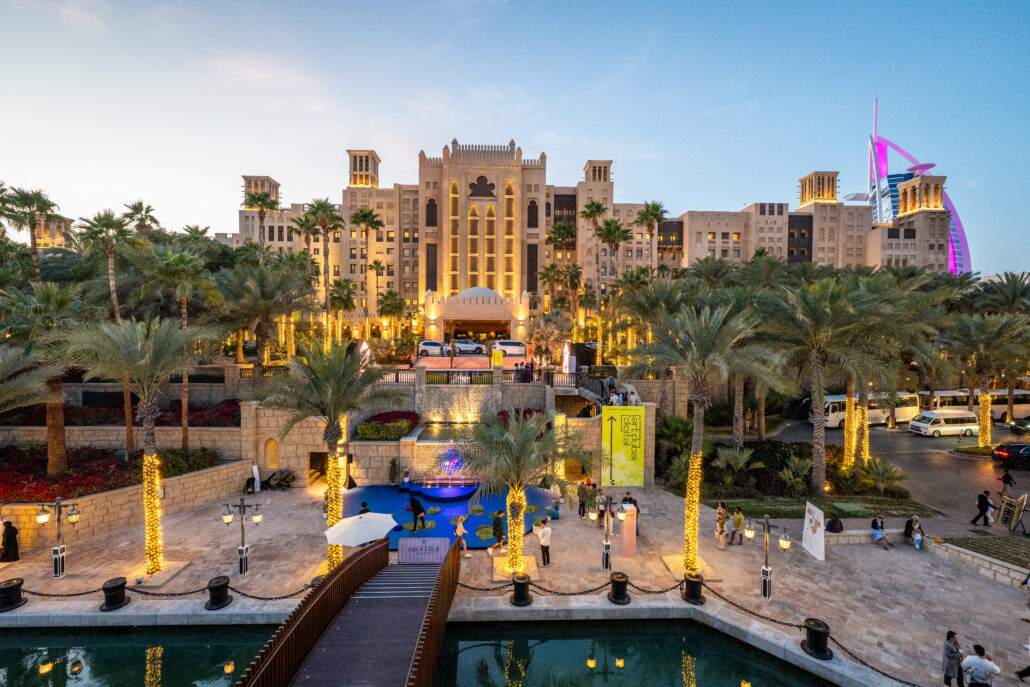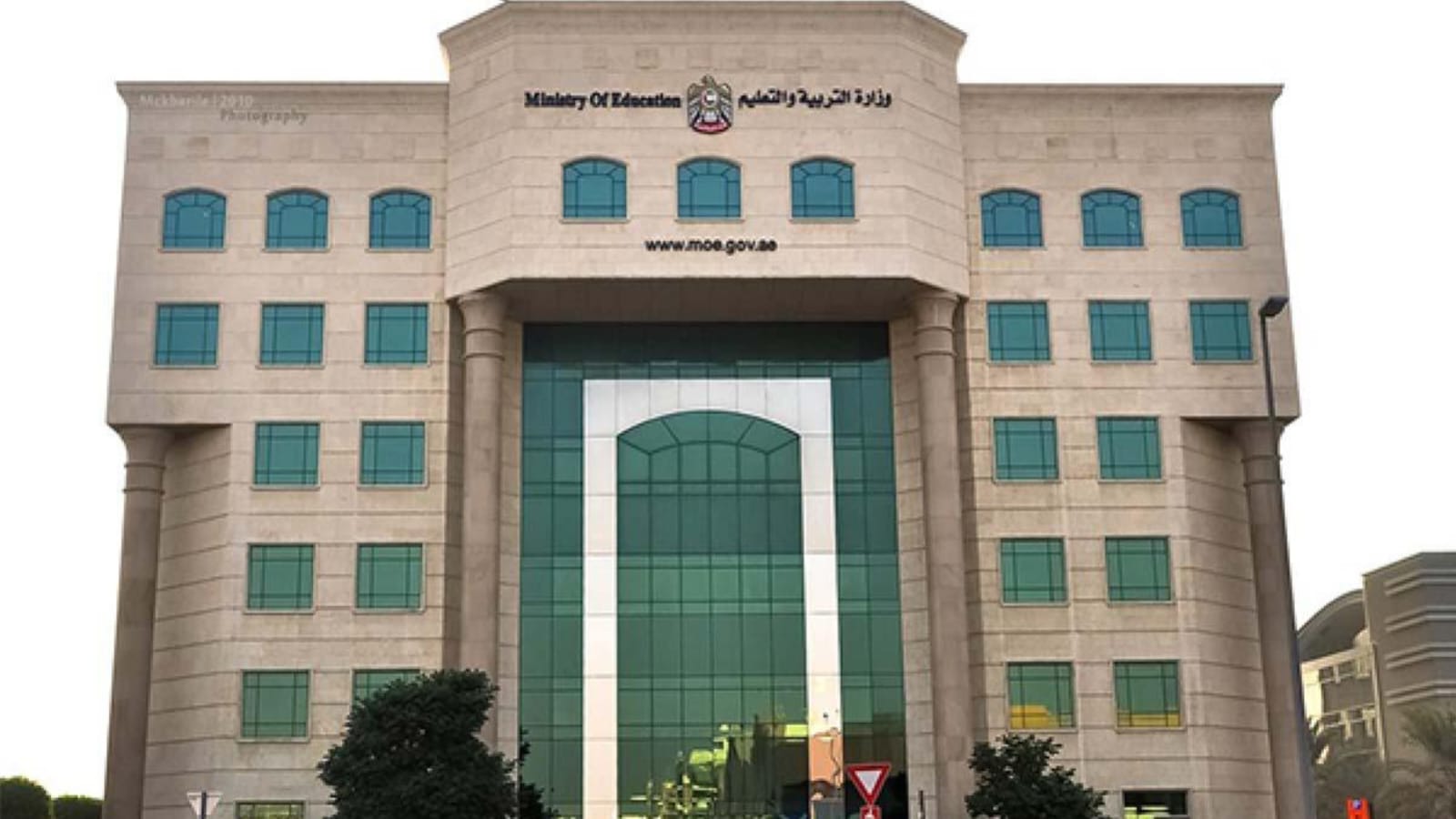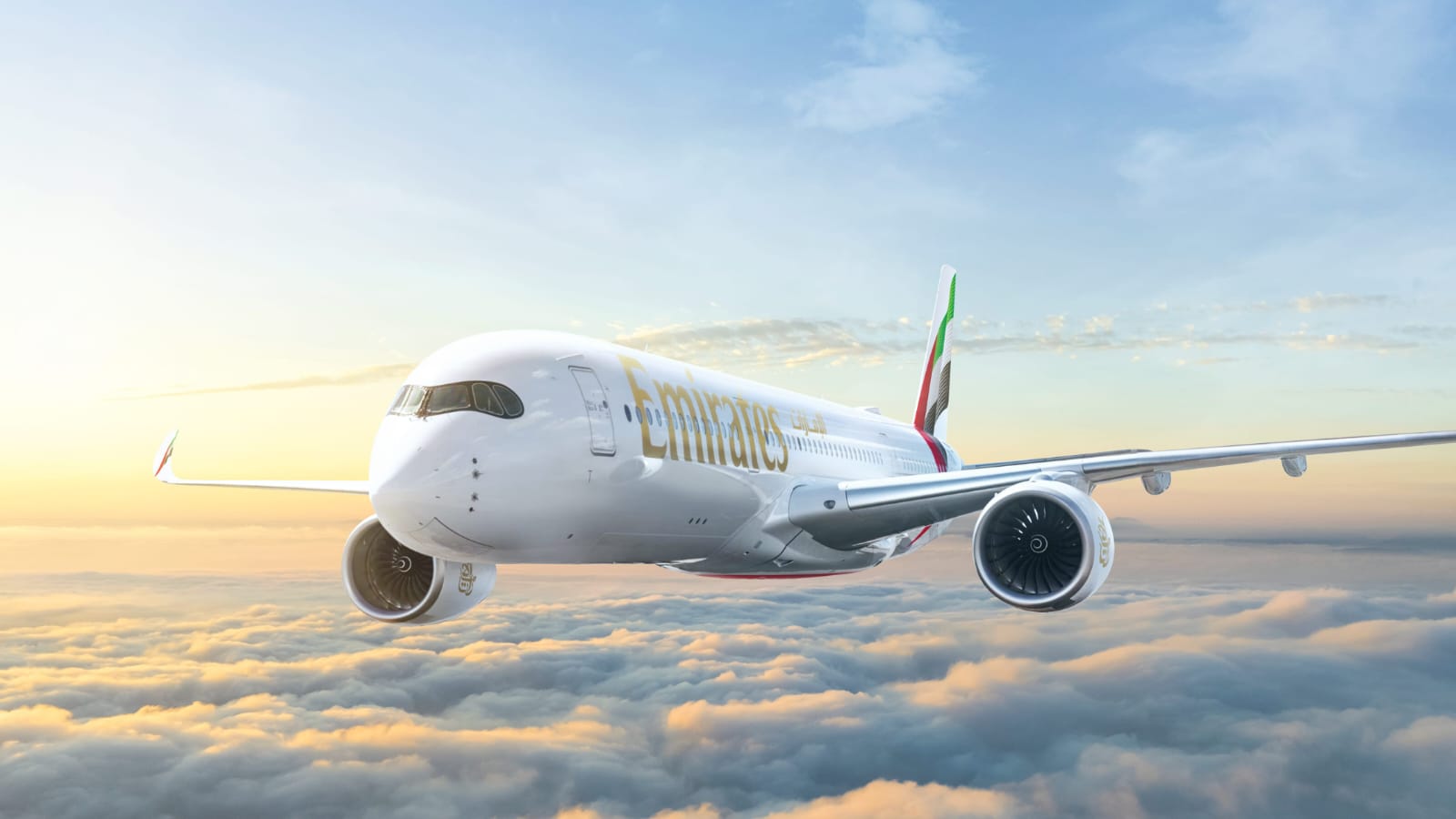Abu Dhabi Ports Launches First LNG Bunkering at Khalifa Port

In a significant step towards sustainable maritime energy, AD Ports Group has successfully completed its first ship-to-ship (STS) liquefied natural gas (LNG) bunkering operation at Khalifa Port, the UAE’s flagship deep-water facility. This landmark initiative signals a turning point in maritime logistics, further advancing the nation’s efforts to position itself at the forefront of the global green energy transition.
The STS bunkering operation involved the container vessel MSC Thais, which received LNG fuel from the bunker vessel Green Zeebrugge, provided by marine fuels supplier Monjasa. Notably, the LNG transfer occurred concurrently with cargo operations at Abu Dhabi Terminals — a demonstration of logistical efficiency and environmental foresight.
This pioneering act isn’t just a technological milestone; it’s a powerful symbol of the UAE’s commitment to carbon reduction, diversified fuel strategies, and maritime innovation aligned with global environmental targets.
Simultaneous Fuel and Cargo Transfer Marks Operational Efficiency
One of the unique elements of this STS operation was its simultaneous execution — transferring both LNG and container cargo at once. Traditionally, bunkering and cargo handling are treated as separate operations due to safety concerns and technical challenges. By integrating both in a single procedure, AD Ports Group demonstrated an advanced level of operational efficiency that could significantly reduce port stay times and increase vessel turnaround.
The Green Zeebrugge bunker vessel, built specifically for LNG delivery, played a key role in executing the transfer under rigorous safety protocols. The entire process was carried out while adhering to international safety standards and with the collaboration of various regulatory agencies.
This development doesn’t just make sense environmentally — it also improves the bottom line for global shipping companies seeking efficient fuel options without sacrificing speed or safety.
Monjasa Collaboration Accelerates Green Maritime Transition
A crucial partner in this operation was Monjasa, a global marine fuels supplier known for driving sustainable shipping practices. Their involvement reflects a shared vision with AD Ports Group to provide shipowners with diversified fuel options that support decarbonization.
Monjasa’s expertise in LNG handling and commitment to eco-friendly bunkering practices ensured that the operation met not only efficiency benchmarks but also the strictest environmental criteria. This aligns with the International Maritime Organization’s (IMO) call for reduced emissions and the adoption of cleaner marine fuels worldwide.
As the maritime sector faces increasing pressure to lower its carbon footprint, partnerships like these are essential for accelerating global adoption of alternative fuels.
LNG: A Cleaner Alternative Fuel for Marine Vessels
Liquefied natural gas has emerged as one of the most promising alternatives to traditional marine fuels such as high-sulfur fuel oil and marine gas oil. LNG offers substantial environmental benefits — including reduced greenhouse gas emissions and dramatically lower outputs of sulfur oxides (SOx), nitrogen oxides (NOx), and particulate matter.
These emissions are major contributors to air pollution and climate change, particularly in coastal and port regions. By transitioning to LNG, shipowners and port operators can help create cleaner air environments while also meeting increasingly stringent emission regulations from international bodies.
In addition, LNG serves as a bridge fuel, supporting the marine industry as it transitions from fossil fuels to fully renewable energy sources in the coming decades.
Abu Dhabi’s Strategic Role in Global Energy Transition
AD Ports Group’s LNG bunkering initiative is more than a local milestone — it’s a strategic move that bolsters Abu Dhabi’s position as a global maritime and energy leader. By offering a wider fuel portfolio that includes LNG, Very Low Sulphur Fuel Oil (VLSFO), Marine Gas Oil (MGO), and High-Sulfur Fuel Oil (HSFO), the port now caters to a broader spectrum of vessel needs.
This operational flexibility is crucial for meeting the demands of modern shipping fleets, many of which are investing in dual-fuel engines and alternative propulsion systems.
Beyond Khalifa Port, AD Ports Group plans to expand LNG bunkering capabilities to other commercial hubs, including Zayed Port, where cruise vessels and international liners dock regularly. The move aligns seamlessly with the UAE’s Net Zero 2050 Strategy and its broader sustainability objectives under the national energy agenda.
Compliance with Global Standards and Maritime Protocols
To ensure safety and transparency, the bunkering process at Khalifa Port was conducted in compliance with guidelines from globally recognized regulatory bodies. These include the International Maritime Organisation (IMO), the International Association of Ports and Harbors (IAPH), the International Organisation for Standardisation (ISO), and the Society of International Gas Tanker and Terminal Operators (SIGTTO).
These protocols govern the entire LNG supply chain — from storage and transfer to handling and emergency response. Compliance is critical for risk mitigation, especially when handling cryogenic fuels like LNG, which must be stored at extremely low temperatures.
Such a high standard of execution positions AD Ports Group as a benchmark in sustainable port operations, while also encouraging other regional ports to adopt similar environmentally friendly practices.
Setting a Precedent for the Future of Maritime Logistics
The success of this LNG STS bunkering operation paves the way for a broader transformation across the shipping industry. As the world moves toward decarbonization, such pilot initiatives act as blueprints for sustainable infrastructure and operational excellence.
AD Ports Group’s leadership in this domain also illustrates the economic and strategic advantages of early adoption. Not only is the port able to attract more environmentally-conscious shipping lines, but it also positions itself as a regional center for green maritime fuel solutions.
As the maritime sector continues to evolve, innovations like this will play a pivotal role in shaping the future of international trade, logistics, and energy. The UAE, with its progressive policies and robust infrastructure, is poised to lead this transition on a global scale.








2 Comments
[…] QatarEnergy is currently in talks with a consortium of Japanese companies to establish a long-term liquefied natural gas (LNG) supply agreement. The proposed deal would involve a minimum supply volume of three million metric […]
[…] a groundbreaking move, Egypt’s Suez Canal Economic Zone signed a significant agreement with the Abu Dhabi Ports Group. This 50-year concession deal marks the beginning of a transformative journey for Egypt’s […]
Comments are closed.